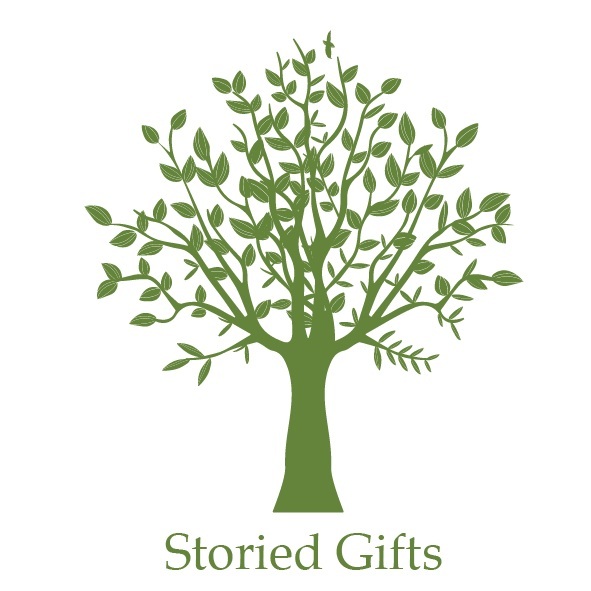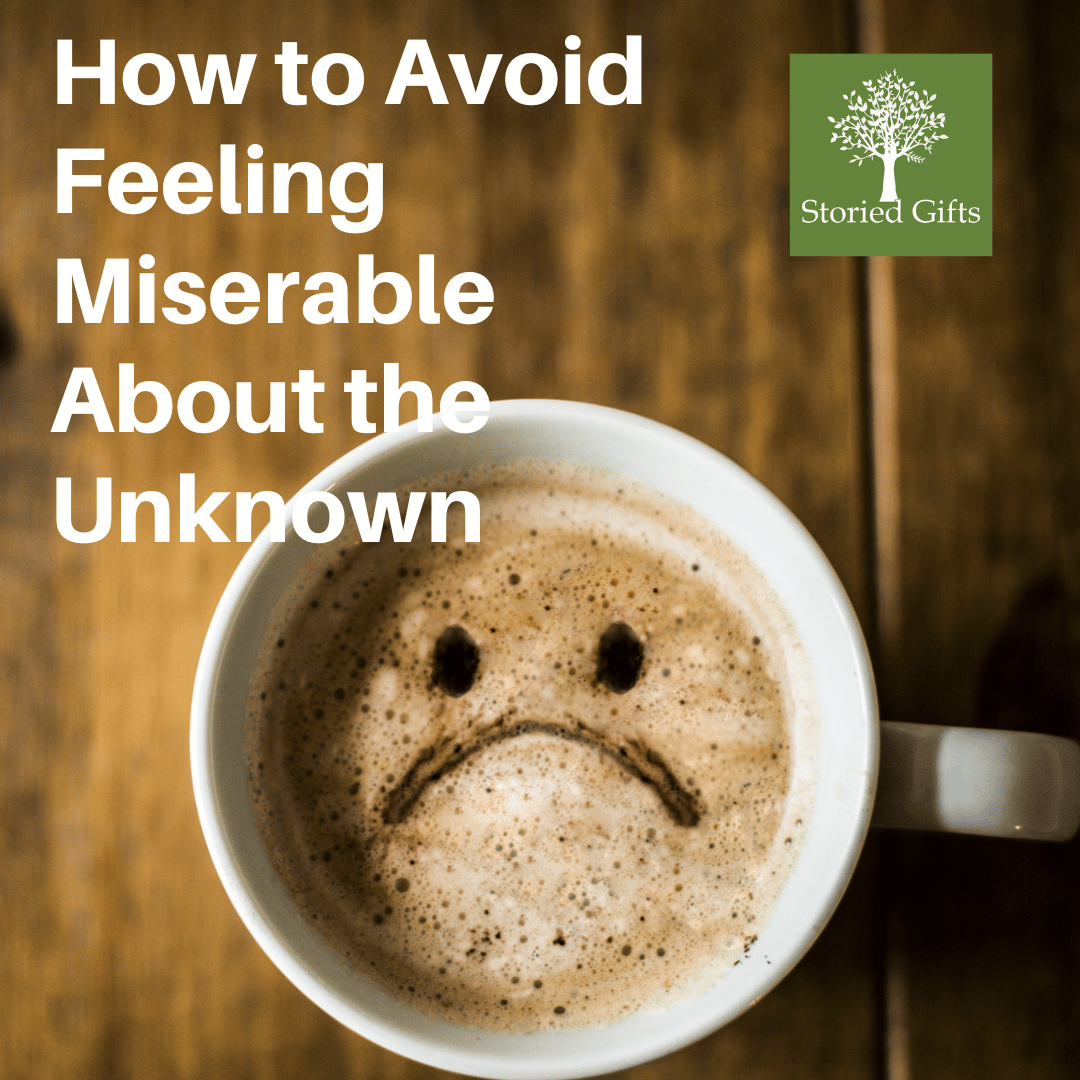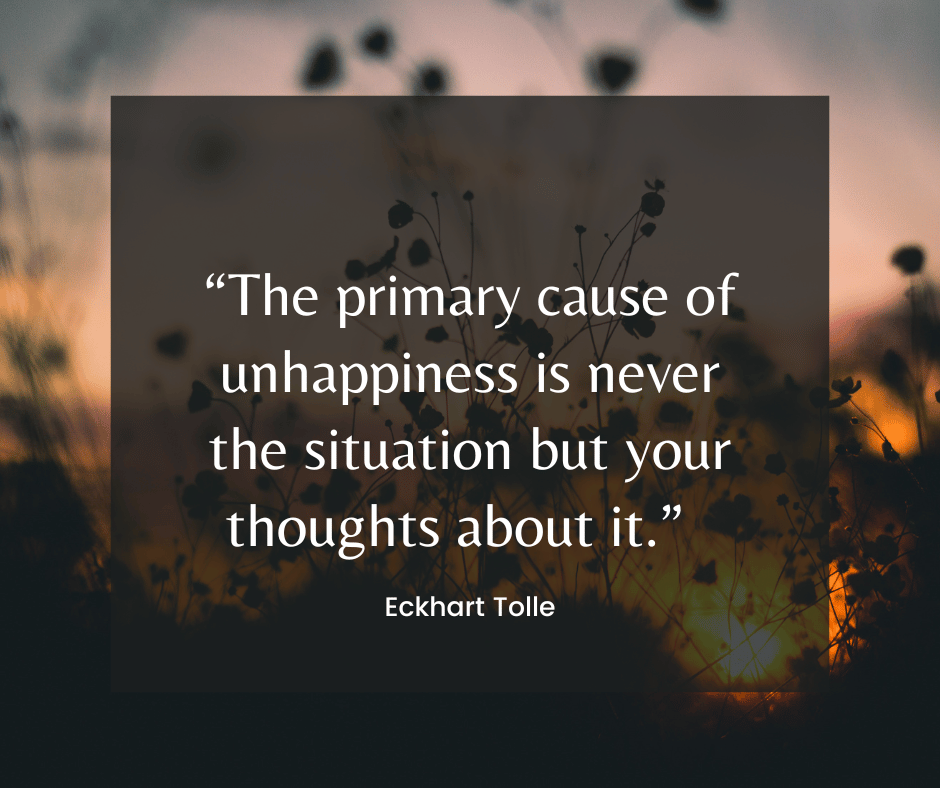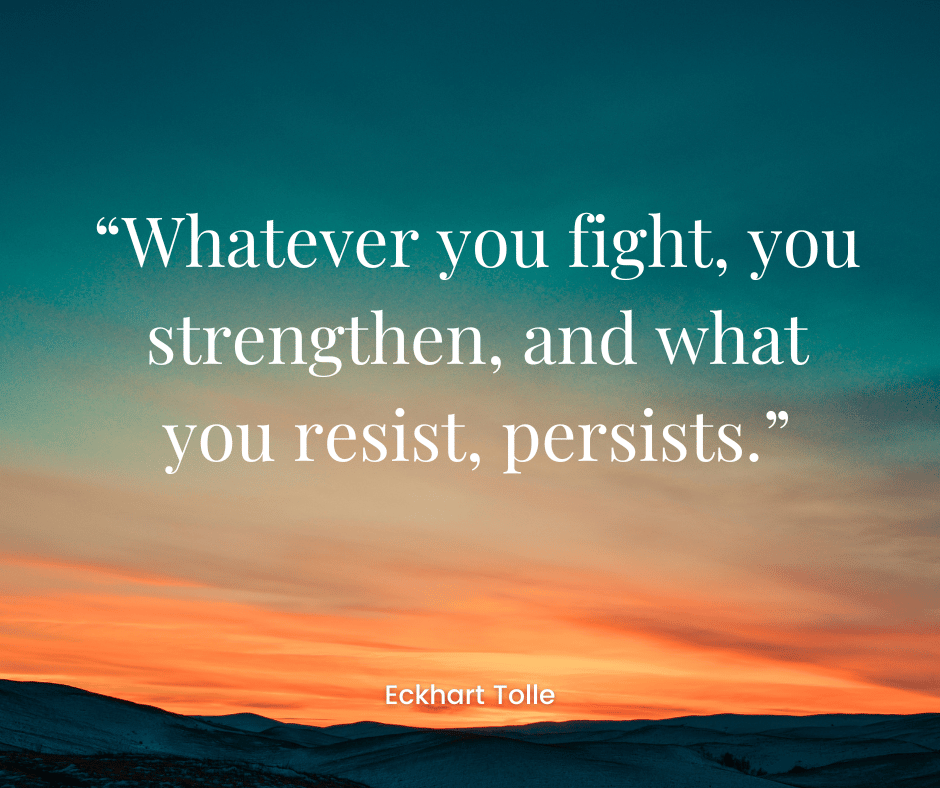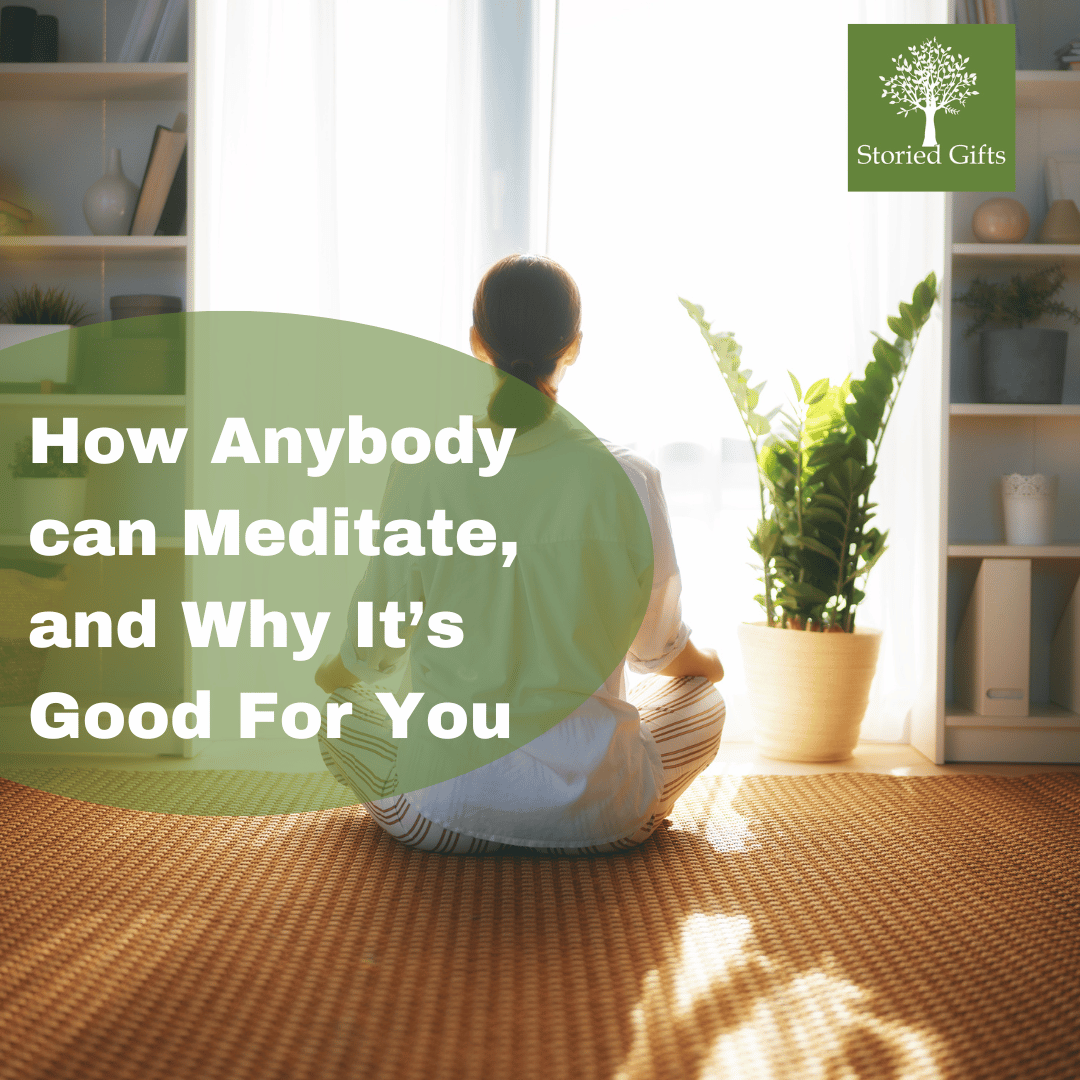How to Avoid Feeling Miserable About the Unknown
How to Avoid Feeling Miserable About the Unknown
Disclosure: Some affiliate links are below, and I may receive commissions for purchases made through the links in the post. However, these are products I highly recommend. I won’t list anything I haven’t tried and found personally helpful.
When I was younger, I placed a lot of importance on my opinions. Even though they were based solely on my observations and experiences, they felt solid, especially when I stated them aloud. I thought my views defined me. After all, who would I be without them?
Unsolicited, I would offer my thoughts, often prefacing with “this is just my opinion” to sound humble. But in my heart, I believed-or at least wanted to believe—that I was right. If I sound like I was obnoxious, I’d agree.
If you’ve been stuck in your opinions like this—or still feel you are—read on. Absolute thinking is a shortcut to personal suffering.
Values, Beliefs, Opinions
Having opinions isn’t the problem; it’s our resistance to recognizing them for what they are. We humans are constantly theorizing and interpreting the world based on our vantage point. The pain comes not from forming opinions, but from being rigid about them.
To understand opinions more clearly, it is helpful to distinguish between values, beliefs, and opinions—terms that are often used interchangeably but have distinct meanings.
Values are deeply held principles that guide behavior and decisions. They’re considered core to one’s identity and are typically long-lasting, shaped by culture, family, and religion. Examples include honesty, compassion, freedom, and hard work.
Beliefs are things we accept as true—often without proof—shaped by personal experience, education, and culture. Religious beliefs are a prime example.
Opinions are personal judgments or views not necessarily based on fact or knowledge.
If you’ve lived for any amount of time, you’ve likely seen people contradict their values or beliefs. Think of crimes, betrayals, or wars—humans often act in conflict with what they claim to believe. We’re not perfect.
We cling to values and beliefs because they help us navigate society and form a cohesive community. But opinions, by definition, are meant to be more malleable.
And yet, we sometimes treat opinions like facts—holding onto them as if they are universally true, rather than just reflections of our perspective in the moment. Think politics, lifestyle choices, and the proper way to squeeze the toothpaste tube.
The primary cause of unhappiness is never the situation but your thoughts about it. Eckhart Tolle
Recognizing the fluidity of opinion
Life keeps spinning. Things happen. And we have almost no control, except over how we interpret and respond. So, we form opinions and cling to them like they’re jewels of wisdom. But perhaps the wiser path is to accept the reality of how much we don’t know.
Philosophy has a whole branch—epistemology—dedicated to the study of knowledge: what we know, how we know it, and where its limits lie. The key truth? Our understanding of the world is limited, individual, and subjective.
In other words, we only know what we know, based on our unique lens. Our opinions are only as sound as the information we receive and how we process it. And since we’re constantly changing—and so is everything else—it makes sense that our opinions should evolve too, unless we stick to them like Velcro.
Without recognizing the limits of our thinking, we fall into confirmation bias—seeing only what supports our existing views. For instance, when you buy a red car, you suddenly start seeing red cars everywhere. Each person has a built-in algorithm.
Whatever you fight, you strengthen, and what you resist, persists. Eckhart Tolle
the real peace is not knowing
I shake my head when I think of my younger self—the woman who clung so tightly to her opinions, mistaking them for truth. Why was she so sure? I think she was terrified by how little she knew.
That younger woman has been replaced by someone more at peace with uncertainty. I hold fewer opinions now, and I try harder to honor those of others. That doesn’t mean I don’t act to influence change where I believe it’s needed. But I do so with a more humble mindset.
What would the world be like if we each accepted the limits of our opinions and embraced not knowing? What might shift if we stopped criticizing ourselves for not having all the answers?
Perhaps by letting go of the illusion of certainty, we can release the pressure valve of anxiety and open ourselves to a greater sense of curiosity. Each of us is simply trying to figure it out and navigate life with less fear, because, as we all know, fear is a heavy burden.
If you want to explore your past, we have a free interactive timeline tool to help you get started. Check out the download here.
Sherry and Alexandra Borzo together in Lima, Peru
Sherry is the founder of Storied Gifts a personal publishing service of family and company histories. She and her team help clients curate and craft their stories into books. When not writing or interviewing, Sherry spends loads of time with her grandchildren and lives in Des Moines, Iowa.
STORIED GIFTS SHOP
Need a beautiful infusion of inspiration for your storied life? Please check out the Storied Gifts Shop where the theme is Words of Encouragement.
The shop is a mother and daughter venture for Sherry and Alexandra Borzo of Content In Motion. They both work to help their client's stories sing. The shop is their effort to inspire a focus on healthy minds for everyone through positive thought.
